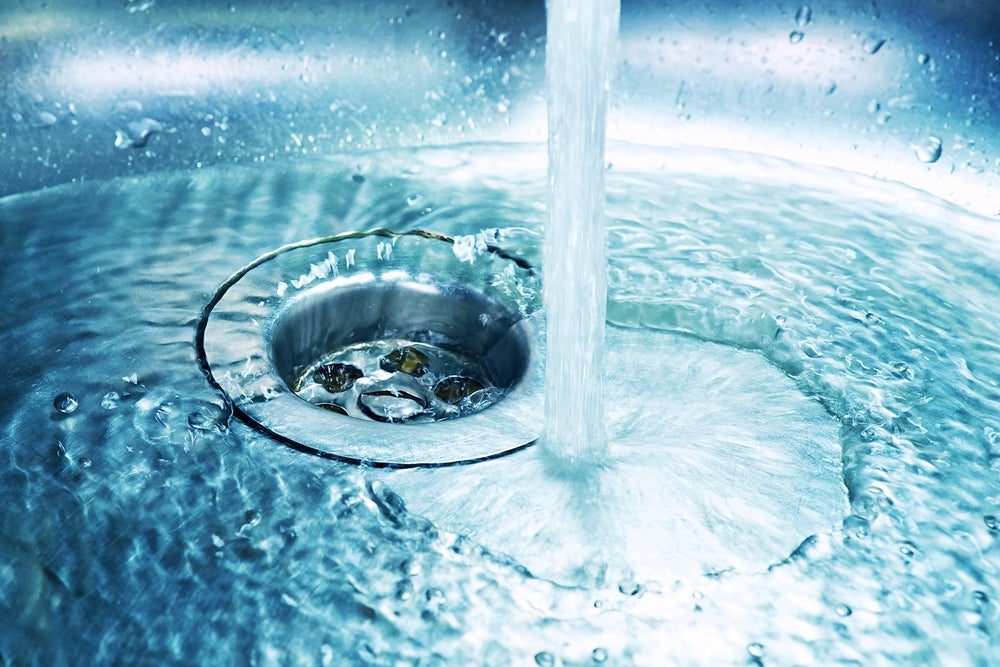
A new report from the British Standards Institution (BSI), titled ‘Thirst for change: Securing a water positive future,’ shows that the retail industry in England and Wales uses 175m litres of water each day.
Across the board, the BSI reports low levels of trust in the UK’s water infrastructure. This is brought about by persistently high levels of sewage in the country’s waterways, which is endangering public cooperation in reducing water use.
As a consumer-facing industry, retail is perfectly positioned to inspire change that can accelerate progress towards a water-positive future.
Retail water use is estimated to account for 19% of public water supplies globally, with fashion – particularly fast fashion – being a huge consumer (and polluter) of water.
How can retailers conserve water in their operations?
The report recommends several key steps that could improve the water footprint of the fashion sector, including sourcing cotton from certified sustainable farms with healthier soils, which retain more moisture and adopting water-saving or waterless dyeing and textile processes.
Increasing awareness of water footprint and its impact ‘on the ground’ in stores – for example, through ‘water footprint’ labelling – could also help empower consumers to make more sustainable choices.
Retailers can also increase their use of alternative water sources, monitor for leaks and overflows and set water reduction targets.
The report also includes an Indicator evaluating water scarcity in 40 locations, with the US, China and India receiving the highest possible rating.
Yet in a positive sign, the findings come amidst recognition of the importance of water management. According to BSI polling, two-thirds of consumers and 80% of small business leaders identified clean water and sanitation as ‘part of sustainability’. Half of consumers placed it in the top five issues to focus global resources and effort on.
Director for BSI centre of excellence for sustainability Martin Townsend commented: “Water is one our most fundamental, precious and undervalued resources. Many countries and individuals are already highly alert to the impact of water scarcity and the importance of conserving water, but now is the moment to come together as a global population and give this the same attention we give other environmental issues.”


